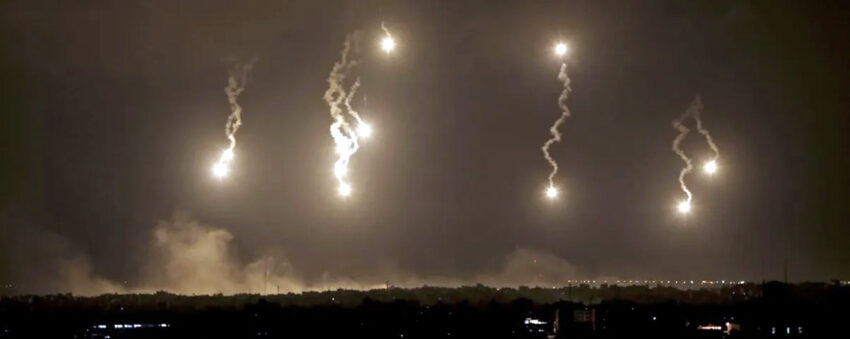
Darkness Roars Unstifled Yet
Children of Darkness
By Robert Graves
“In their generation wiser than the children of Light.”
We spurred our parents to the kiss,
Though doubtfully they shrank from this—
Day had no courage to review
What lusty dark alone might do—
Then were we joined from their caress
In heat of midnight, one from two.
This night-seed knew no discontent,
In certitude his changings went;
Though there were veils about his face,
With forethought, even in that pent place,
Down towards the light his way he bent
To kingdoms of more ample space.
Was Day prime error, that regret
For darkness roars unstifled yet?
That in this freedom, by faith won,
Only acts of doubt are done?
That unveiled eyes with tears are wet,
They loathe to gaze upon the sun?
Robert von Ranke Graves, born on July 24, 1895, in Wimbledon, near London, was a poet, critic, and novelist. He was the author of many titles, including the poetry collection Over the Brazier (The Poetry Bookshop, 1916) and the historical novel I, Claudius (Arthur Barker, 1934). He died on December 7, 1985.
I saved this poem after it came my way. I sensed something important rising up from the lyric lines.
I’ve been intrigued with the notion of evil. I recognize the quest to understand my background in Christian fundamentalism continues as I consider the distinction between “good” and “evil.” The terms refer to more than simple personal moral values, to more even than the mores of a society. Philosophies of all kinds, from Plato to Nietzsche work with the relationship between “good” and “evil”.
I do not believe for an instant that homo sapiens is a defective demi-god, a language enabled biped, the species fashioned by divinity, that unfortunately followed bent-reason, disobeyed, and as consequence was exiled from paradise. That is an incredulous story even if many believe it to be so. But what about evil?
Is there a positive, important, essential role — for the forbidden, the formidable, for the darkness in which our eyes fail to see? Could darkness be more important than light? Is it OK to be “of darkness”? Is freedom from doubt a state-of-being that makes sense?
What does the poet say?